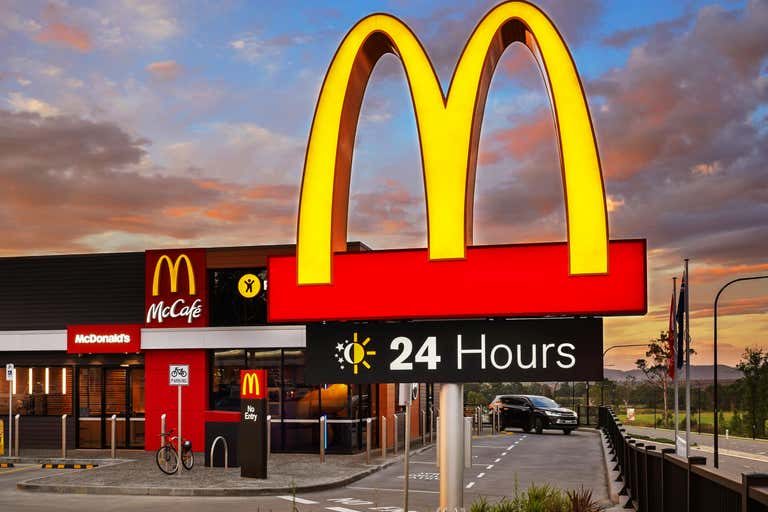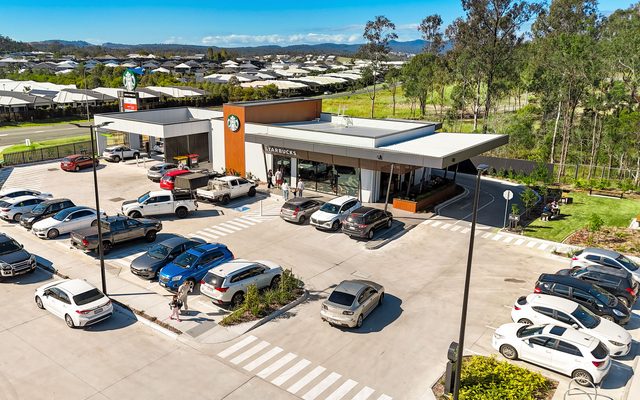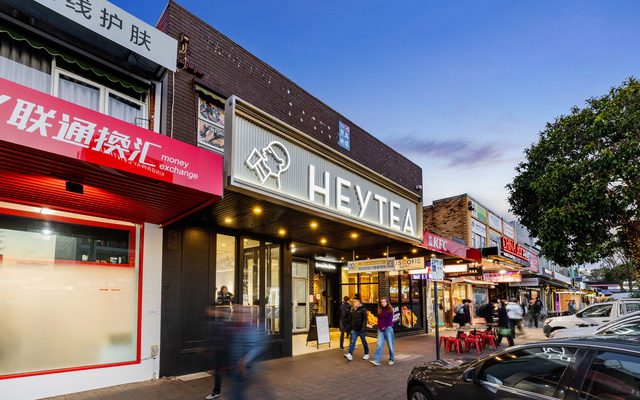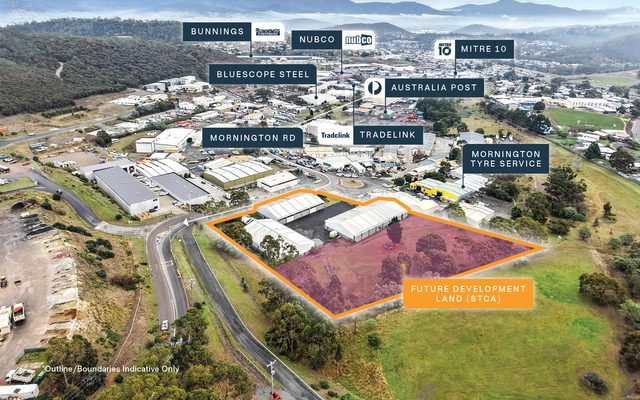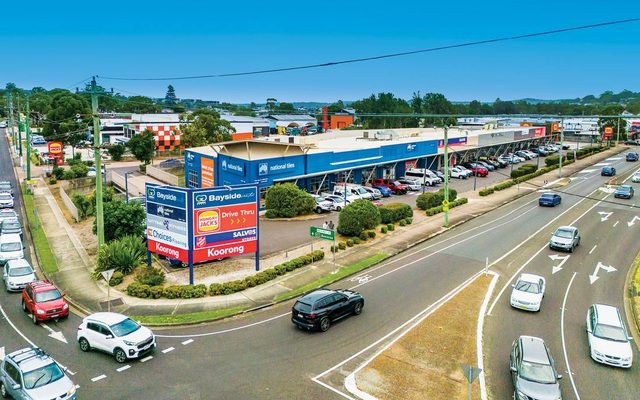This article is from the Australian Property Journal archive
COMMERCIAL property investors splurged more than $136 million on fast food assets in FY24, as the security attached to giant names such as McDonald’s and KFC drew buyers in huge numbers, forcing yields down.
Burgess Rawson’s Fast Food Industry Insights report shows that at a time of softening numbers elsewhere, cap rates in the sub-sector have firmed from 4.46% to 4.42%, with regional assets trading on sharper yields than their metropolitan counterparts.
Burgess Rawson’s Yosh Mendis said regional fast food outlets are recording strong results due to newly developed investment properties recently being sold at auction and limited freehold opportunities in metro areas.
Yields overall stand at 4.19%, and the median capitalisation rate is 4.34%. Capitalisation rates for regionals centres are at 3.62% compared to 4.72% for metro fast food outlets. Metro cap rates have traditionally outperformed regional transactions, however, starting in 2021, this trend reversed primarily due to more top brands such as McDonald’s being sold in regional towns.
“Investors are holding on to their premium metropolitan assets creating a flurry of activity in the regional counterparts,” he said.
Fast food assets are a staple of Burgess Rawson’s portfolio auction series. The series has recently seen regional McDonald’s KFC, Hungry Jack’s and Red Rooster outlets consistently achieve among the lowest yields of the properties on offer, which also include childcare centres, other takeaway shops, medical clinics and fitness centres.
A metro KFC on Chapel Street in Melbourne’s Prahran sold last month through Stonebridge for $5.258 million, on a 4.6% yield.
Mendis said the strength of a fast food brand plays a crucial role in determining the cap rates of its sales.
“Global giants like McDonald’s and KFC with well-developed networks in Australia benefit from strong brand recognition with investors, leading to lower capitalisation rates. In contrast, niche brands might face higher rates due to perceived risks relating to their permanence and longevity.”
McDonald’s assets recorded the lowest cap rates in the sector over 2022 to 2024. Yields average 3.16%.
Growing players in the sector include Guzman y Gomez, which recently had the hottest ASX float in three years, Carl’s Jr., Taco Bell, Wendy’s, and Sydney favourite El Jannah.
The resilience of yields has been driven by factors like the limited availability of prime locations and increasing demand, particularly from self-managed superannuation funds.
“Australia’s fast food industry has proven to be a the most sought after asset class for investors, offering a blend of secure returns, robust growth, and a dash of innovation,” Mendis said.
Australia’s population of about 26.6 million gives it a high ratio of one fast food outlet per 880 individuals.
Premium locations play a key role in the success of fast food investments, Mendis said, with establishments strategically positioned in high-traffic areas near major highways, shopping centres, and tourist destinations.
“This ensures a steady flow of customers and heightened visibility, translating into stable revenue streams and attractive returns for investors.”
